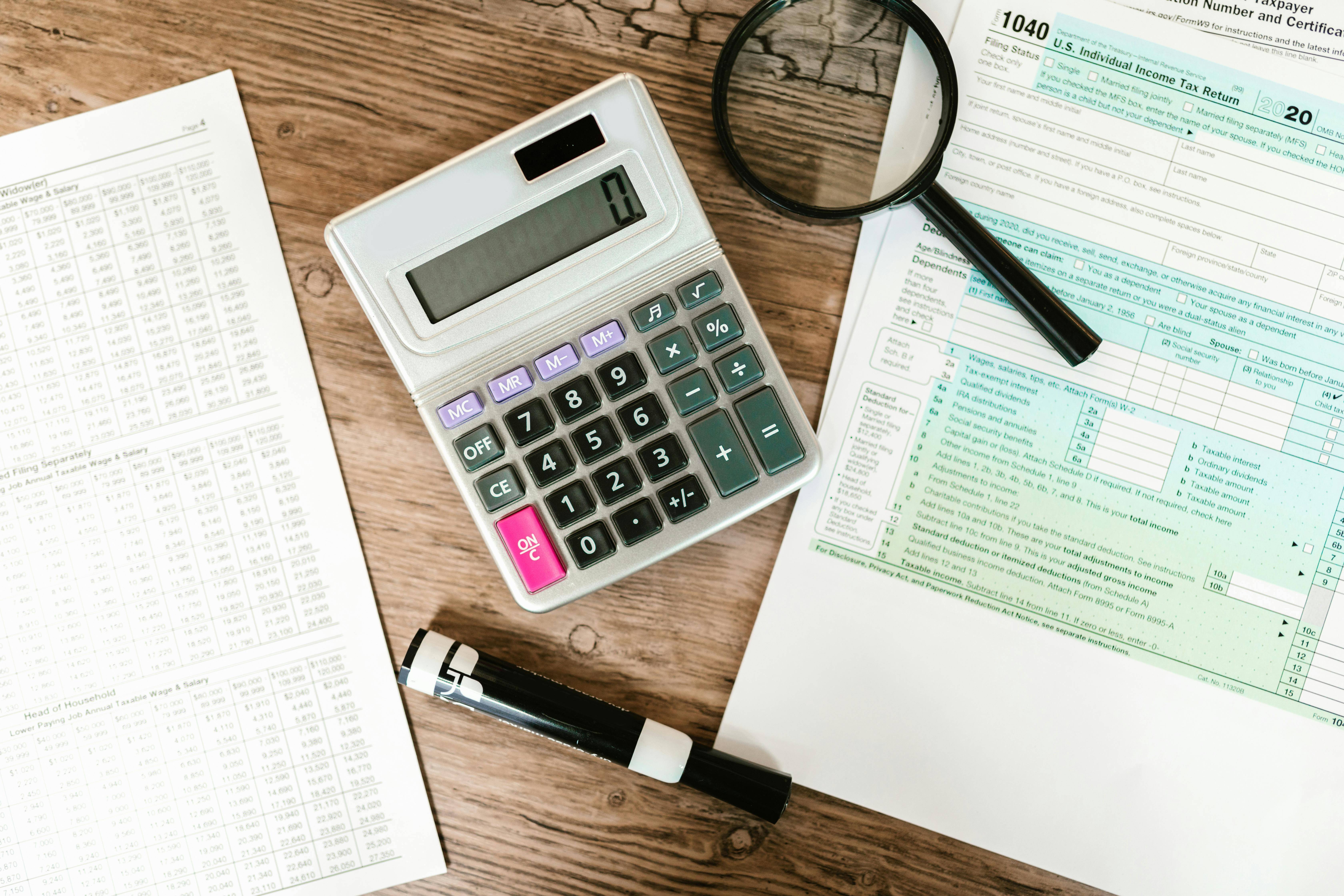ADHD and Credit Card Debt
I'm going to come right out and say it. Like forks and an outlet, credit cards and ADHD are two things that do not go together. Having ADHD makes you...
3 min read
Infocus Wealth Strategies : Updated on February 14, 2025
2 min read
 David DeWitt, CFP® : Jul 5, 2024 12:43:11 AM
David DeWitt, CFP® : Jul 5, 2024 12:43:11 AM
As a financial planner who specializes in working with people with ADHD, I've seen firsthand how the conventional advice about credit cards can sometimes be more harmful than helpful. While many financial gurus tout the benefits of credit cards—like earning rewards and protecting your purchases—there's a different side to the story, especially for those who struggle with impulsivity and managing long-term debt.
Let's face it: credit cards can be incredibly tempting. You might hear stories from wealthy individuals who claim that credit cards are the best financial tool ever invented. They argue that credit cards let you spend the bank's money, not yours, and offer a safety net against fraud. If someone steals your credit card and racks up $5,000 in charges, the bank will typically cover the loss after some investigation. Sounds great, right? Well, not quite...
For individuals with ADHD, the reality of credit card usage can be quite different. Credit card debt is notoriously expensive, with interest rates often hovering around 25%. This means that if you carry a balance of $10,000, you're looking at paying $2,500 a year in interest alone. This financial burden can quickly spiral out of control, leading to stress, anxiety, and a seemingly endless cycle of debt.
So, what's the alternative? I strongly encourage those struggling with credit card debt to consider making the switch to debit cards. Yes, there's a risk that your debit card could be stolen and misused, but the potential financial damage is significantly less compared to the high interest rates on credit card debt.

Here's a strategy that can help you transition effectively:
Cut Up Your Credit Cards: Physically destroy your credit cards to remove the temptation of using them
Use a Spending Debit Card: Get a debit card that you use exclusively for spending. Keep the balance low and feed money into it on a weekly basis. This way, even if your card is stolen, the most you can lose is the current balance on the card.
Focus on Paying Down Debt: Commit to paying off your credit card debt steadily. Make sure you're paying significantly more than the minimum payment each month. For instance, if your minimum payment is $200, aim to pay $400. This approach will help reduce your debt faster.
Debt repayment is not a sprint; it's a marathon. Be patient and stick to your plan. Understand that setbacks will happen—life is unpredictable, and managing ADHD adds another layer of complexity. If you go off track, don't beat yourself up. Acknowledge the slip, learn from it, and get back on track next month.
You might be wondering about the rewards you’ll miss out on by ditching credit cards. The good news is that some debit cards now offer cash back. For example, Discover has a cash-back debit card that gives you up to 1% cash back on purchases, up to $3,500 per month. While it might not seem like much, these small rewards can add up—$35 per month turns into $420 per year, all without the burden of credit card interest.
Credit cards can be a useful tool for those who have mastered their spending habits and can pay off their balances in full each month. However, for those with ADHD or anyone struggling with debt, switching to a debit card can be a game-changer. It helps limit spending, reduces financial stress, and allows for a clearer path to debt freedom. Remember, the goal is to build a financial system that works for you and supports your journey to a healthier financial future.
-2.png)
I'm going to come right out and say it. Like forks and an outlet, credit cards and ADHD are two things that do not go together. Having ADHD makes you...

2 min read
Credit scores are a fundamental aspect of personal finance, affecting everything from your ability to secure a loan to the interest rates you'll...
-Feb-14-2025-10-08-04-8680-PM.png)
Let's start with, CONGRATULATIONS! You have a budget. You’ve stuck to it and now you have a savings account that actually has money in it. This...
-2.png)
1 min read
Skip to the main content. About Our Services Success Stories Value of planning Client Experience FAQs ...

3 min read
Skip to the main content. About Our Services Success Stories Value of planning Client Experience FAQs ...

4 min read
Skip to the main content. About Our Services Success Stories Value of planning Client Experience FAQs ...